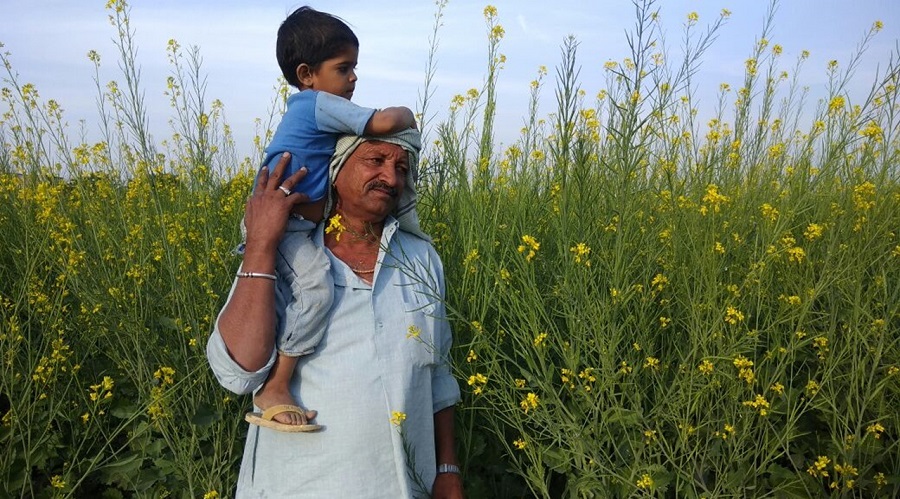Climate Change Adaptation (CCA)
Climate Change Adaptation has been the core mandate of BAIF ever since climate change started impacting the lives of various communities adversely. The resulting damage to the already depleting natural resources, fragile ecosystem and fast disappearing flora and fauna took its toll on the livelihood of Rural India. After assessing the vulnerability of rural communities for whom farming has been the only means of survival, BAIF adopted a climate-sensitive approach with focus on conservation of natural resources and restoration of livelihood, food security, stability and happiness of the rural families.
BAIF partnered with Climate Change, Agriculture and Food Security (CCAFS) – a Programme of the Consultative Group for International Agricultural Research (CGIAR) for implementing various Climate Change Adaptation, Climate Smart Agriculture and Climate Research initiatives.

Strategies and Outreach
In the last one-decade, good practices in Climate Change Adaptation have been developed in diverse agro-climatic regions to translate climate concerns into socially and environmentally sound measures.
- Desert Development Programme: The desert-based livelihood programme in Barmer, Rajasthan and Kutchh, Gujarat, has demonstrated climate change adaptation by climate- stressed local communities through adoption of innovative water harvesting and conservation measures to cultivate drought tolerant native fruit crops, improved varieties of short duration crops and mixed farming system.






- Hill Area Development: In the hilly terrain of Champavat in Uttarakhand, the families have responded to climate risks by adopting climate smart agricultural technologies such as cultivation of high value vegetables in low-cost bamboo poly houses, floriculture, rejuvenation of old orchards, rejuvenation of the mountain springs, introduction of new apple variety requiring less chilling hours and greening of Van Panchayats, thereby fostering climate change adaptation.

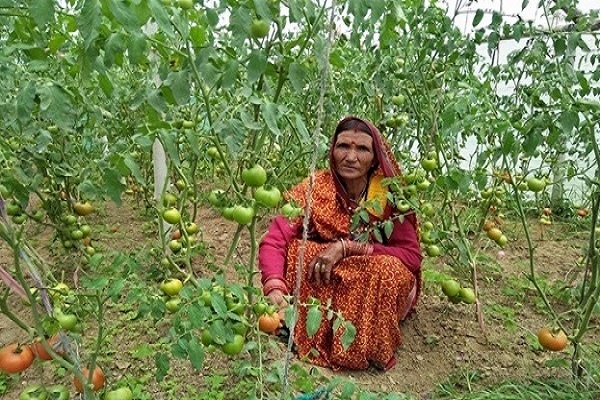


- Climate Proofing interventions: The paradigm shift in BAIF’s sustainable water management approach from soil and water conservation to climate smart natural resource management, has been demonstrated through land degradation control, irrigation water management, introduction of short duration crops and ICT and GIS-based monitoring of more than 15 treated watersheds spread over 5000 ha in Rajasthan, Maharashtra and Karnataka, enabling more than 3000 families to increase their crop yield by 50-60%.
Some common initiatives such as climate and agro advisories, climate data updates, strategic water reserves in the dryland areas, promotion of crop-livestock systems, training and empowerment and diversification of livelihood have been undertaken in the projects.
Climate Change Mitigation (CCM)
To reduce atmospheric greenhouse gases, BAIF has been working on Climate Change Mitigation measures through water use efficiency, soil health management, land degradation neutrality and food security and carbon sequestration through agroforestry. The work on renewable energy has also been accelerated in recent years. The exploratory work on methane emissions through dairy husbandry programme is also underway.
BAIF is a member of the international consortium of the “4 per 1000” initiative on “Soils for Food Security and Climate”, with a vision of “worldwide healthy and carbon-rich soils to combat climate change and end hunger”, within 2050. The Initiative was introduced, in 2015, at the UNFCCC CoP 21, as part of the Lima-Paris Plan of Action.
Strategies and Outreach
In the last one-decade, good practices in Climate Change Adaptation have been developed in diverse agro-climatic regions to translate climate concerns into socially and environmentally sound measures.
BAIF has promoted suitable Climate Change Mitigation strategies to address global issues through local actions.
- Pro-Soil Approach: BAIF has promoted sustainable soil health management through smart soil and water management practices in Yavatmal and Amravati districts in Vidarbha region of Maharashtra, resulting in enhanced soil carbon and increased crop yield by 30-40% and decreased use of external inputs.
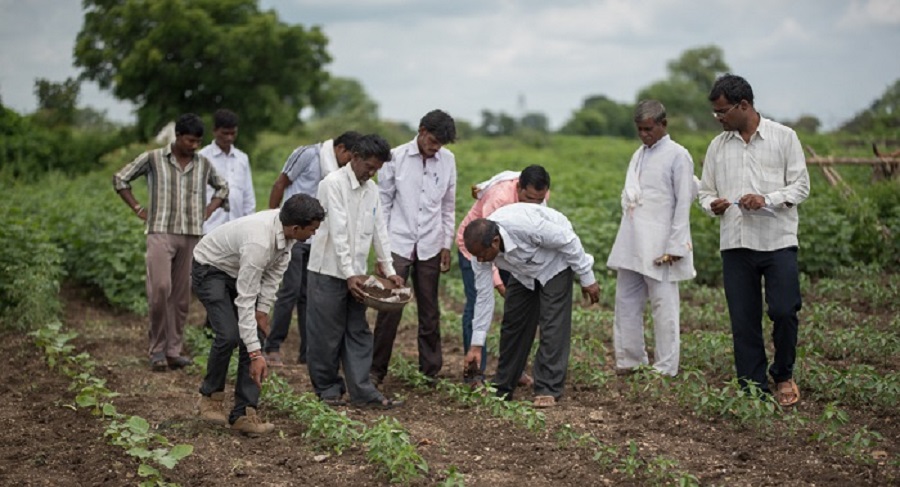
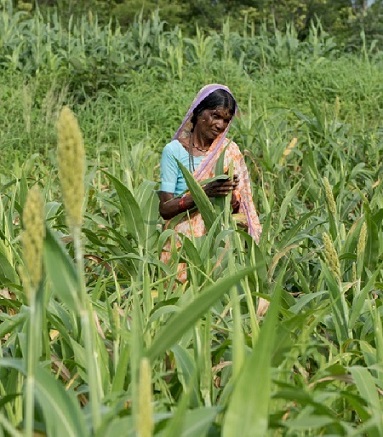
- Carbon Sequestration in Wadi (Agroforestry) Programme: BAIF’s unique model of tree-based mixed farming system and climate-resilient dryland agriculture, has demonstrated the feasibility of sustainable livelihood, ecosystem restoration and biodiversity conservation across 25 states in the country. Increased green cover has improved the micro-climate and accelerated the process of carbon sequestration through wood and soil. 1.95 million tons of carbon have been sequestered through wadis spread over 84,000 ha of degraded land under BAIF.
- Land Degradation Neutrality: Under its watershed based development, BAIF has adopted sustainable land management practices, soil health management, optimizing nutrient cycles, crop rotation and species diversification. These land degradation control and soil health management measures on 3.54 lakh ha area has resulted in an estimated carbon dioxide reduction of 54,000.
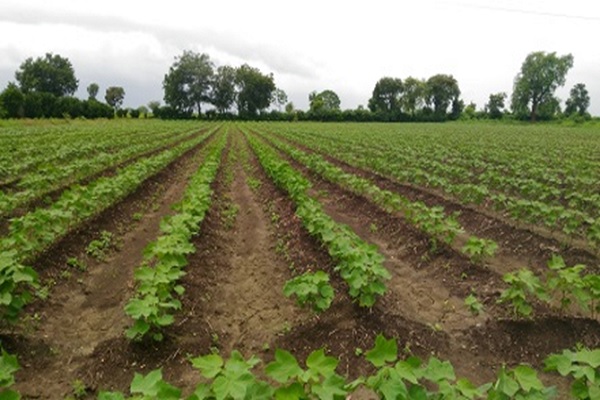
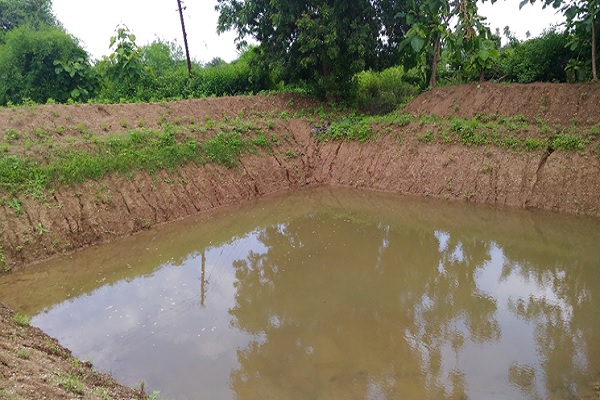
- Low Carbon Livestock Management: The livestock sector, a major source of livelihood for marginal farmers, is also a major contributor to the emission of green house gases. The flagship programme of BAIF has introduced genetic improvement, stall feeding, improved feeding and timely health care. The programme results into improved production efficiency of the herd leading to reduction in enteric emission. In addition to the reduction of methane emission at the production level, BAIF has initiated a programme for dung management through Integrated Renewable Energy and Sustainable Agriculture (IRESA) IRESA, a combination of biogas and slurry filtration, helps reduce the firewood requirement of rural households and the filtered dry matter, converted into vermicompost, helps improve the soil health. So far about 1600 units have been established, generating about 5600 Certified Emission Reductions (CERs) per year. To raise agricultural productivity and generate employment and energy, Phosphate Rich Organic Manure (PROM) is also being produced facilitating reduction in the use of synthetic fertilizers.
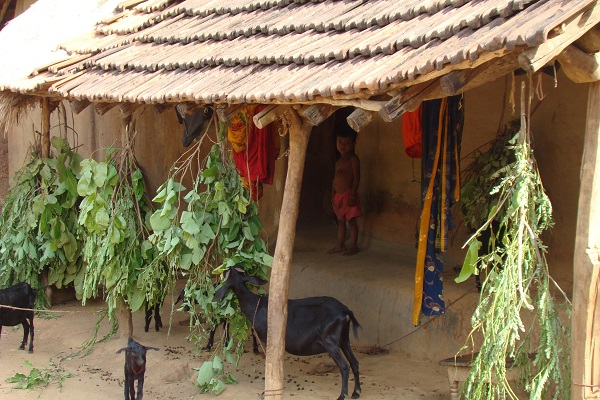

New large scale project development initiatives are underway in collaboration with both international and domestic agencies under carbon financing.
BAIF has also gained status of an Observer Organisation to participate in conferences and meetings in the UNFCCC process.
